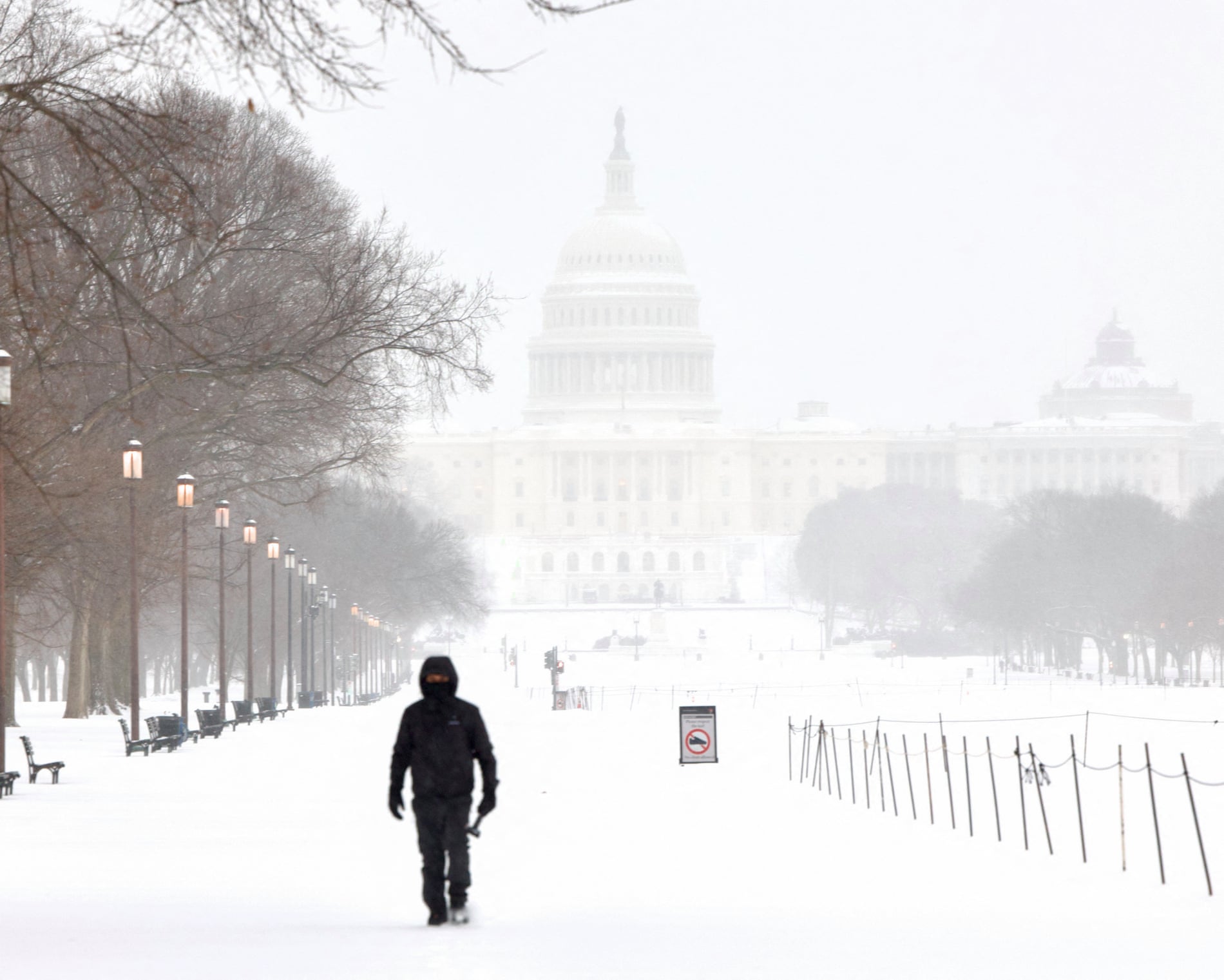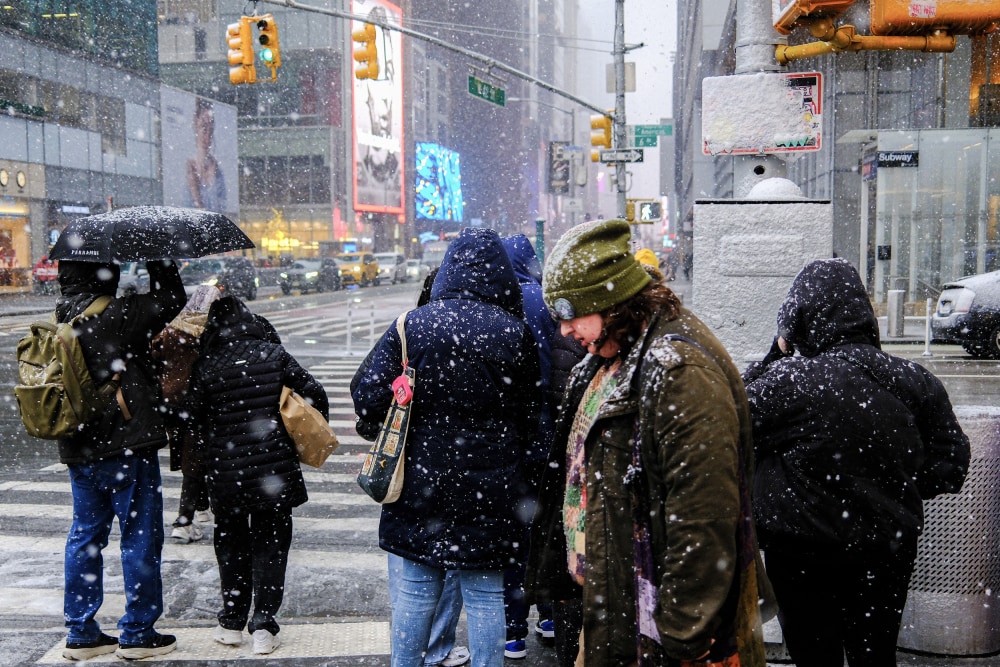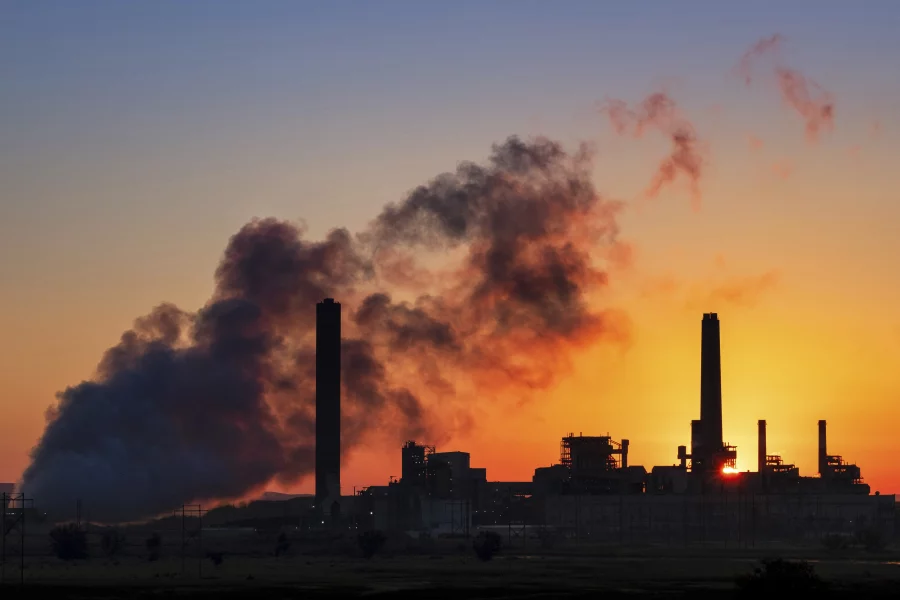 At least seven people are dead as the result of a monster winter storm in the US that has brought heavy snowfall and ice from the Gulf coast to the north-east, leaving more than one million in the south without power and cancelling more than 10,000 flights.
At least seven people are dead as the result of a monster winter storm in the US that has brought heavy snowfall and ice from the Gulf coast to the north-east, leaving more than one million in the south without power and cancelling more than 10,000 flights.
The Louisiana department of health confirmed two deaths related to the winter storm in Caddo parish. According to the agency, two men of unknown ages died of hypothermia.
New York City mayor Zohran Mamdani reported “at least five New Yorkers passed away and were found outside” on Saturday before it started snowing.
“While we do not yet know their causes of death, there is no more powerful reminder of the dangers of the extreme cold, and how vulnerable how many of our neighbors are, especially homeless New Yorkers,” Mamdani said.
He added the storm is bringing colder temperatures for a sustained period than New York City has experienced in eight years.

 Environmental Glance
Environmental Glance A major winter storm is set to sweep the nation this weekend, bringing snow, sleet, ice and sub-zero wind chills from the southern Plains to the Northeast.
A major winter storm is set to sweep the nation this weekend, bringing snow, sleet, ice and sub-zero wind chills from the southern Plains to the Northeast. The world has entered an era of “global water bankruptcy” that is harming billions of people, a UN report has declared.
The world has entered an era of “global water bankruptcy” that is harming billions of people, a UN report has declared. The aurora could be visible across Canada and much of the northern tier of US states on Monday night, and possibly even further south, following a major disturbance in the Earth’s magnetic field, a forecast shows.
The aurora could be visible across Canada and much of the northern tier of US states on Monday night, and possibly even further south, following a major disturbance in the Earth’s magnetic field, a forecast shows. For years, the Environmental Protection Agency has assigned a dollar value to the lives saved and the health problems avoided through many of its environmental regulations.
For years, the Environmental Protection Agency has assigned a dollar value to the lives saved and the health problems avoided through many of its environmental regulations. The Trump administration sued two California cities on Monday, seeking to block local laws that restrict natural gas infrastructure and appliances in new construction.
The Trump administration sued two California cities on Monday, seeking to block local laws that restrict natural gas infrastructure and appliances in new construction. 6.5 magnitude earthquake shook the Mexican state of Guerrero in the southern part of the country on Friday, Jan. 2, according to the United States Geological Survey.
6.5 magnitude earthquake shook the Mexican state of Guerrero in the southern part of the country on Friday, Jan. 2, according to the United States Geological Survey.






























